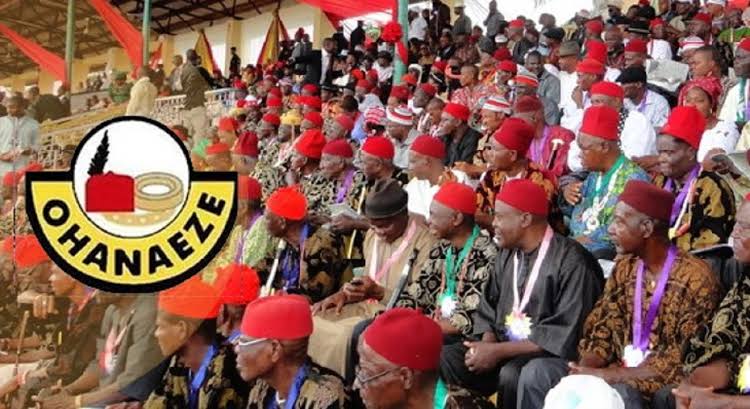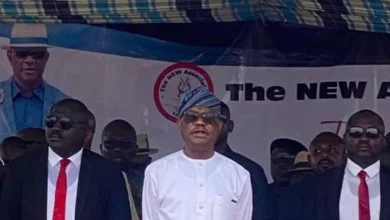Ohanaeze to Senate: Drop Bill Making Ooni, Sultan Permanent Council Heads

The apex Igbo socio‑cultural organisation, Ohanaeze Ndigbo Worldwide, has issued a scathing rebuke of a Senate bill seeking to designate the Ooni of Ife and Sultan of Sokoto as permanent co–chairs of the newly proposed National Council of Traditional Rulers. Ohanaeze has demanded the immediate withdrawal of the bill, characterizing it as deeply unconstitutional and ethnically biased.
Equity, Federal Character & National Unity Under Threat
In its official statement, Ohanaeze National Publicity Secretary Dr. Ezechi Chukwu described the legislation as “inequitable, discriminatory and ethnocentric,” asserting that it undermines Nigeria’s federal character principle and sidelines traditional rulers from other ethnic groups and geopolitical zones.
“The Senate has failed in its duty as custodian of our democratic values. This bill lacks ethical foundation, objective reasoning and an inclusive vision for all Nigerians,” Chukwu added.
Voices from Across the Nation
Reactions from civic, cultural, and regional groups have exposed broad opposition:
The Middle Belt Forum (MBF) has condemned the elevation of the Sultan of Sokoto as a “disturbing rewrite of history,” arguing that many Middle Belt kingdoms predate the Sokoto Caliphate by centuries.
The Oyo Global Forum also denounced a parallel bill in Oyo State, warning that altering the singular chairmanship of the Alaafin of Oyo undermines longstanding traditions and risks destabilising Yoruba institutional heritage.
Why This Matters
Ohanaeze emphasizes that this is not just about titles—it is about justice, fairness and balancing Nigeria’s ethnic mosaic. By recognizing only two monarchs from two ethnic regions, critics say the bill ignores the contributions and traditions of Igbo, Middle Belt, South-South, South-East, and other peoples whose monarchs have equally historic legitimacy.
Ohanaeze has made three clear calls:
1. Immediate withdrawal of the bill;
2. A comprehensive review to ensure equitable representation across all ethnic groups and zones;
3. A legislative process rooted in historical legitimacy, cultural sensitivity, and inclusive governance.
They argue that only through such inclusive reform can the Council foster national unity, social harmony, and institutional legitimacy.





